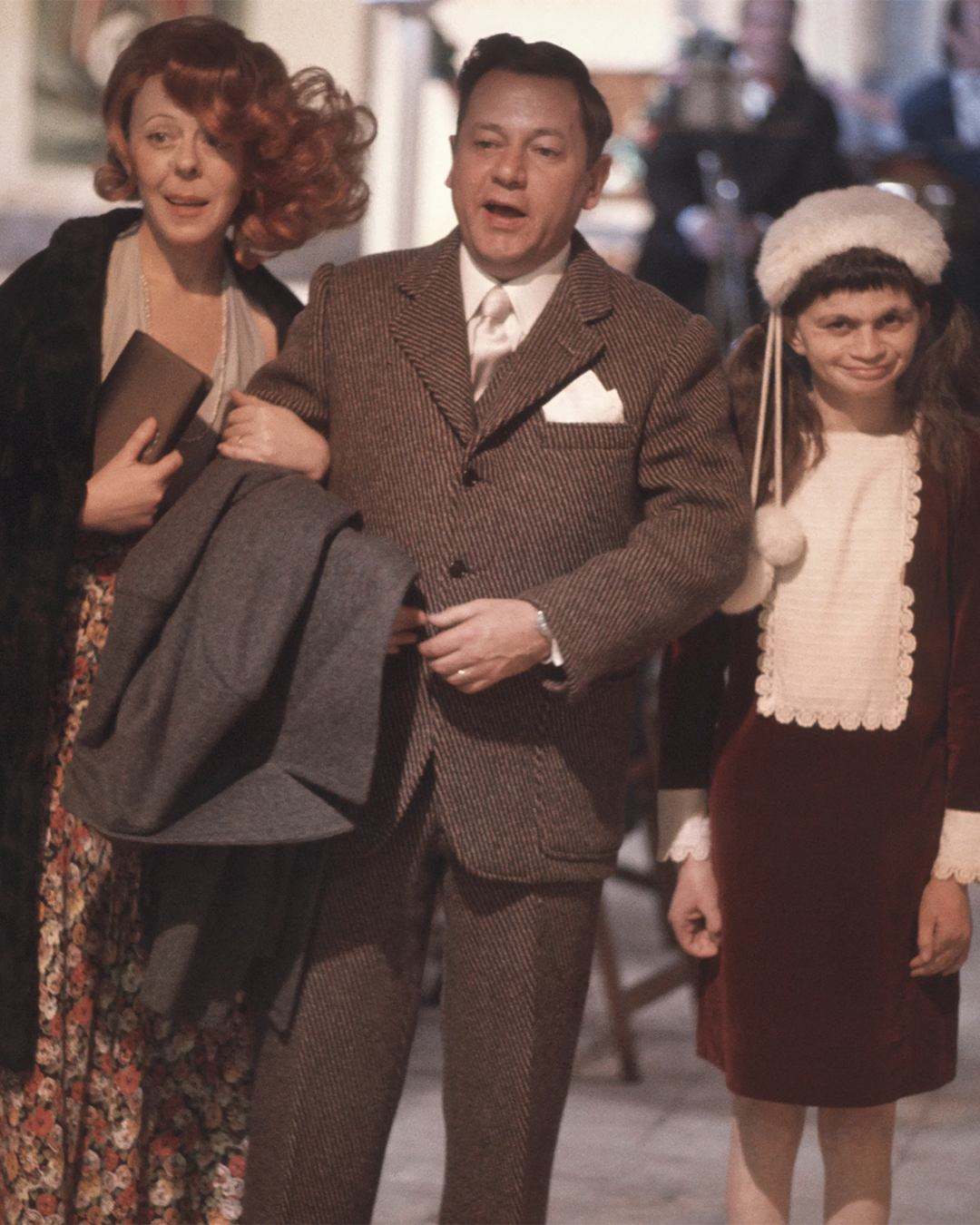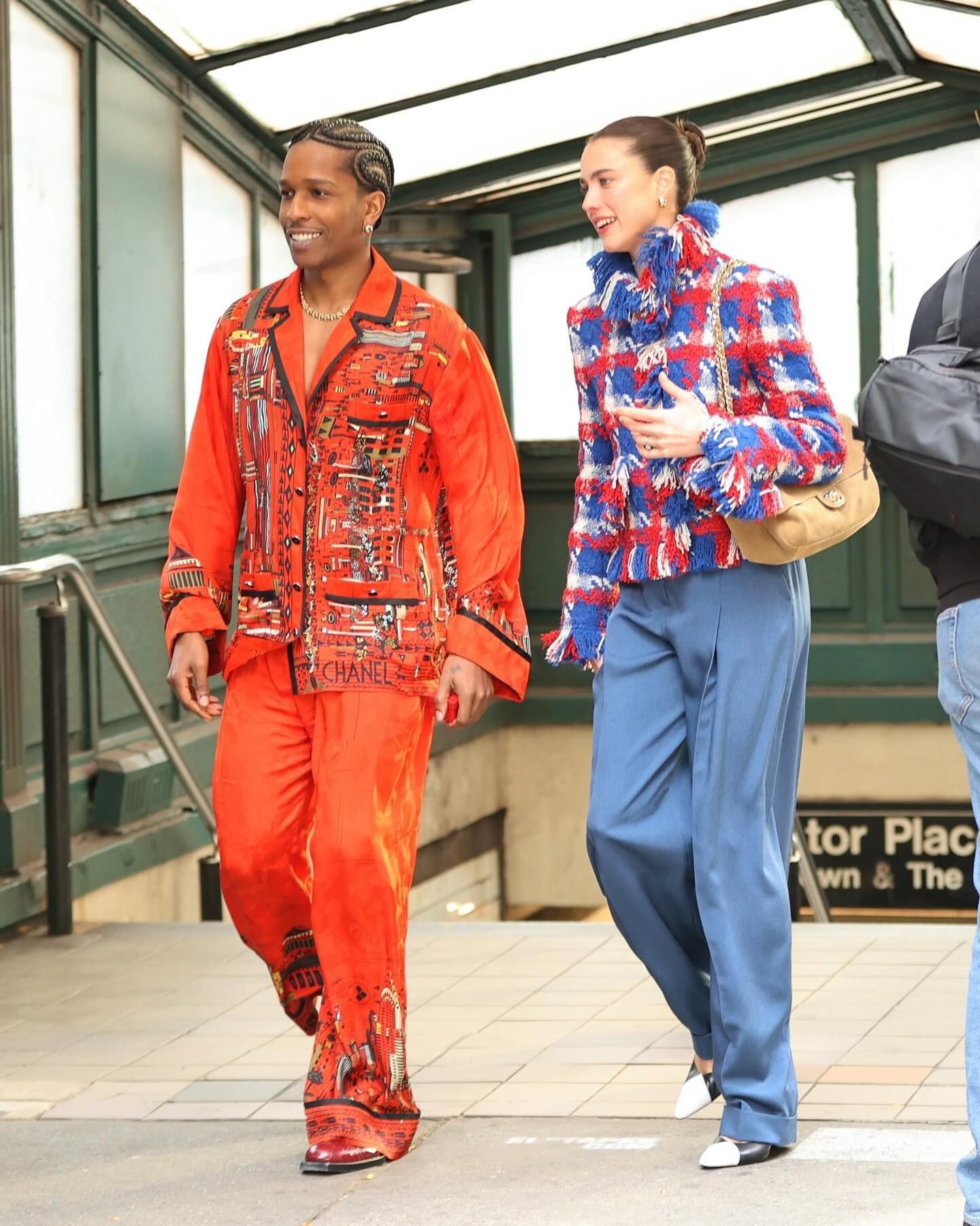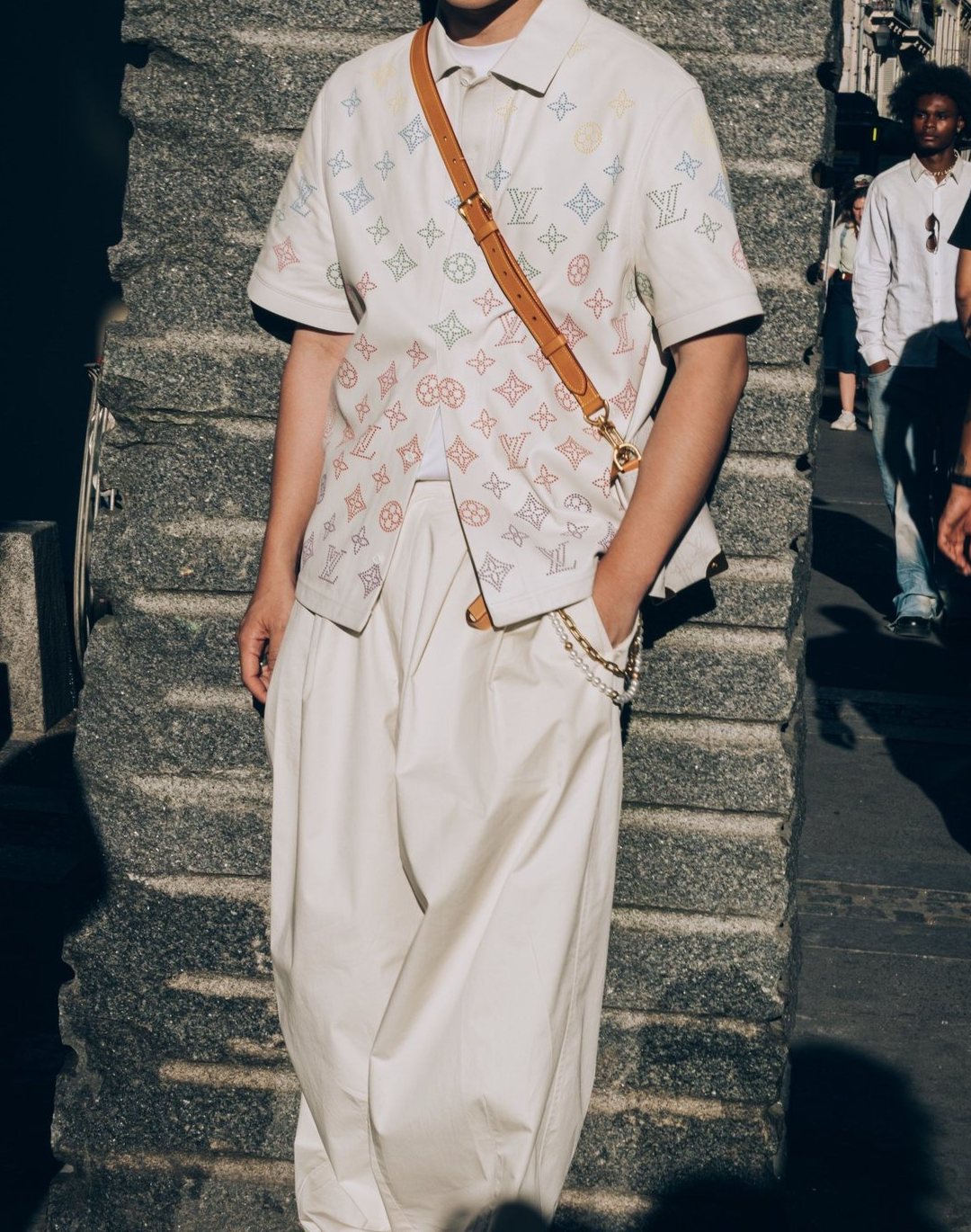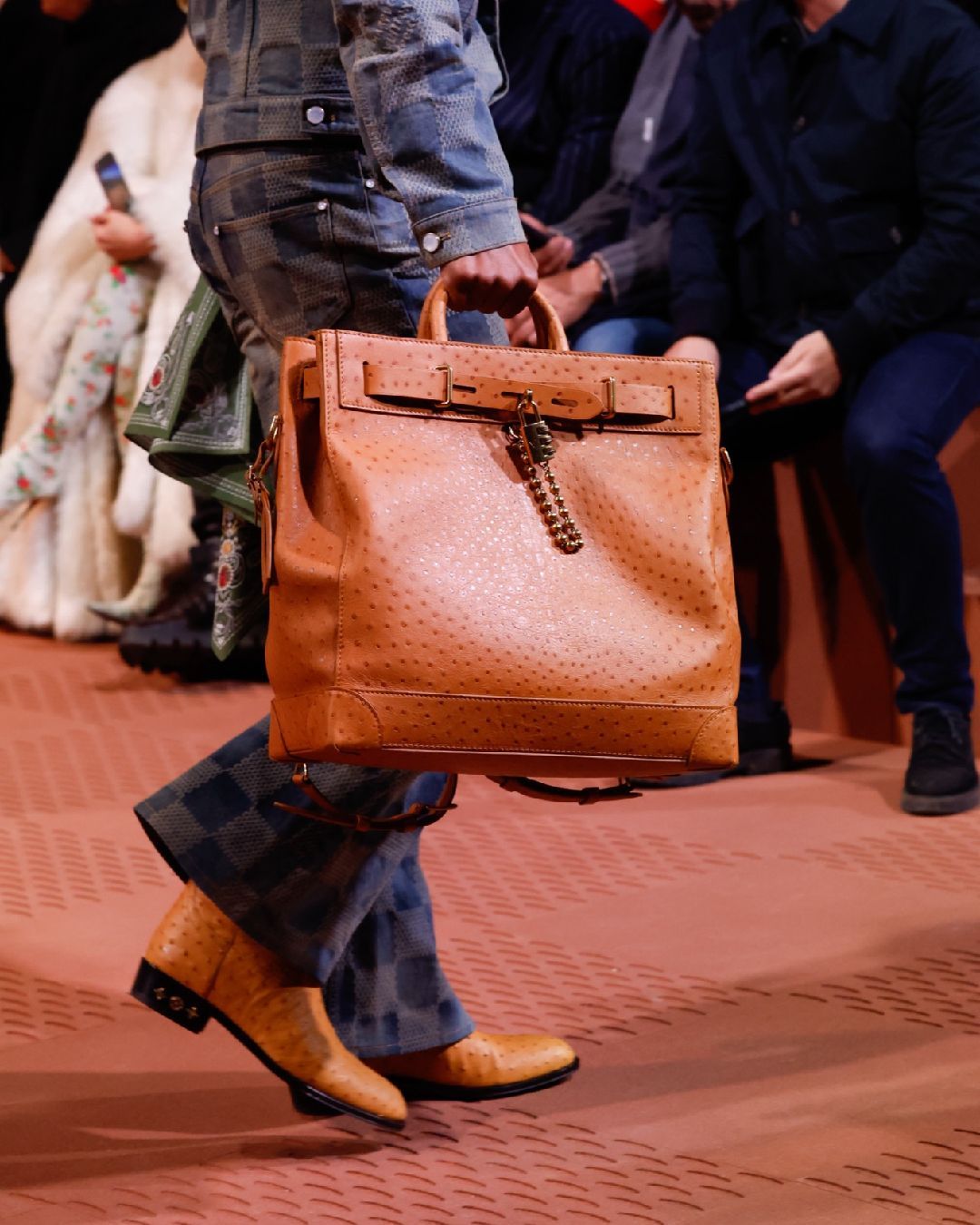
5 moments that defined the era of Virgil Abloh From Donda's creative direction to his appointment as a manager at LVMH
However industrialized and massified it may be, the fashion world still revolves around the personalities of its protagonists. And Virgil Abloh was perhaps the most important of these protagonists: a creative who not only triggered the streetwear phenomenon, gave new life to Louis Vuitton, and signed some of the most iconic designs of the last decade but who also rewrote the very definition of "creative" in the fashion world. All this while always maintaining, even in the eye of the storm the many controversies that have concerned him, humanity, warmth, empathy, and wisdom that are very rare in fashion. Looking back at the more than 15 years of his career, we could perhaps say that the two fundamental values transmitted by Virgil were that of collaboration and mentorship: the first undermined the idea that fashion brands were separated by watertight compartments, but also the idea that fashion should remain closed in its world, leading to cross-cutting collaborations with a huge amount of different brands; the second is the inclusive philosophy that Virgil put into practice using his position to elevate together with him an entire generation of colleagues and protégé but also by establishing scholarships and funds for students and young designers.
To retrace the pivotal steps that have defined the designer's career and the entire course of fashion in the last decade, here is a list of the 5 moments that have defined the era of Virgil Abloh.
1. Donda's creative direction (2010)
In 2010, Virgil Abloh became the creative director of Donda, Kanye West's creative agency. The appointment came after a year in which Virgil, along with Kanye, had held their celebrated internship in the offices of Fendi and in which the two had captured the public's attention by appearing during the Paris Fashion Week shows: the shot of Tony Ton exiting the Comme des Garçons fashion show in which Virgil wears a light blue puffer vest, orange glasses and a bow tie that helped launch the street-style trend remains iconic. As Donda's creative director, in addition to collaborating with talents such as Samuel Ross, Jerry Lorenzo, and Matthew Williams, Virgil has signed several iconic works including the cover of Watch The Throne made in 2011 with Riccardo Tisci, an epoch-making album that earned him a Grammy nomination (a unicum among creative directors of a major fashion house) also kicking off the first rumors about his next entry into fashion but more importantly putting him in the spotlight for the first time as a multidisciplinary creative capable of existing outside Kanye West's sphere of influence.
2. The launch of Pyrex Vision (2012)
Abloh's first step in fashion was defined by the designer himself as «my manifesto on my upbringing» and, in hindsight, it collected and summed up those themes and dynamics that would recur in different forms for the next decade of his career. The launch of the brand took place halfway between controversy and success: a stock of Ralph Laurent's $40 flannel with a screenprint on its back sold for $550. It was the prototype, so to speak, of the famous 3% approach that Virgil carried on for the rest of his career (as the designer summarized it: «The exact ratio needed to twist a normative object into something special»), the first example of the concept of luxury reappropriation that led, in the following years, to make sneakers and hoodies hyper-desirable but also to enter the lexicon of luxury items such as the Shell Jackets by Arc'teryx; and its notion of un-designed objects «without artistic property and exact historical origin» and therefore open to re-reading, democratic and transversal.
3. "The Ten" is born and the collaboration with Nike opens (2017)
When the collaborative series between Abloh and Nike, The Ten, was announced, we were living in a different world. The collaboration with Nike redefined the idea of luxury sneakers and definitively crowned the streetwear phenomenon with a new series of meanings: both by elevating the cultural value of sneakers to the rank of luxury by reshuffling the boundaries between the two, and by proposing a deconstructive approach to design that demonstrated how sneaker collaborations could be something more advanced than a simple co-branding operation. The collaboration established Abloh's design language for a generation of consumers cand reated a new level of hype that was never reached again by any other shoe and remains to this day perhaps the high point of the era of streetwear fashion.
4. The first show for Louis Vuitton (2018)
The Louis Vuitton SS19 show at the Palais Royal in Paris was a moment that shook the earth. In addition to being the show that completely revolutionized the brand's identity, bringing it into the modern era, and in addition to representing the absolute triumph of luxury streetwear, the show also represented a milestone in black representation in fashion and threw a light on the community surrounding the designer, who employed skaters, rappers, and creators close to Virgil as models. The show was a huge success and was crowned, in the end, by the embrace between Virgil and Kanye West – the culminating point of a friendship, mentorship, and creative partnership that had been going on for ten years and beyond.
5. The beginning of the partnership with LVMH (2021)
In July 2021, LVMH acquired 60% of Off-White™, expanding Virgil Abloh's role beyond the group's creative direction and fashion division alone, to include the launch of new brands and partnerships across 75 different brands including luxury wine and spirits, perfumes, and cosmetics, watchmaking and jewelry, luxury retail, hotels, yacht, and even the Milanese pastry shop Cova. The announcement makes Abloh, in the words of Vanessa Friedman, "the most powerful black executive in the most powerful luxury goods group in the world", leading to a redefinition of LVMH's business models and marking a new stage in LVMH's evolution. Virgil's appointment, beyond representing one of the highest points of his career, paved the way both directly and indirectly for the entry of a new generation of creatives into fashion as well as modernized the scenario of the entire industry.











































































